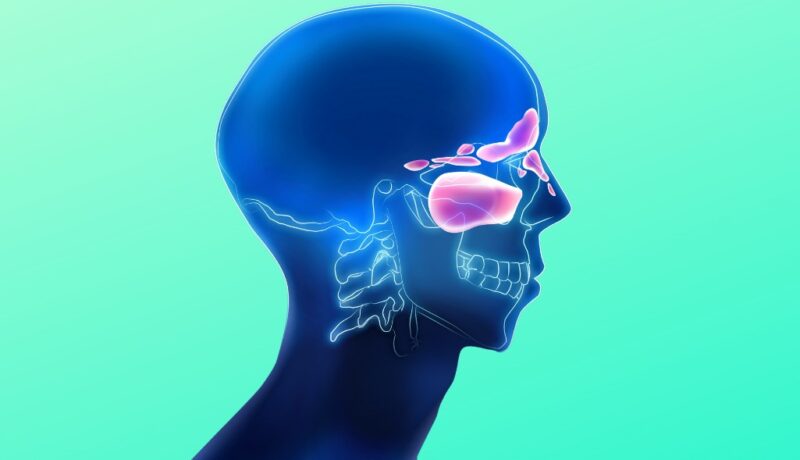Ear pain can significantly disrupt your daily life. When this pain is accompanied by other symptoms, it might be a sign of something more complex, like a sinus infection.
In this blog post, we will explore how to determine if your ear pain is due to a sinus infection, what causes these infections, and how to find relief. Understanding this connection will help you seek the right treatment and alleviate your discomfort.
Symptoms of a sinus infection
When you notice the following signs along with ear pain, it is likely that your discomfort is linked to a sinus infection.
- Common signs of a sinus infection include nasal congestion, which makes it difficult to breathe through your nose.
- You might also experience facial pain or pressure, particularly around your forehead, eyes, and cheeks.
- Thick nasal discharge that is yellow or green in color is another indicator.
- Often, a reduced sense of smell and taste accompanies nasal congestion.
- A persistent cough, which tends to worsen at night, and a mild to moderate fever are additional symptoms.
How to differentiate ear pain causes
Not all ear pain is due to sinus infections. Other potential causes include ear infections, which are often accompanied by fluid drainage and intense pain that is usually more severe than sinus-related ear pain.
These infections can result from bacteria or viruses and may require antibiotics for treatment. Temporomandibular joint (TMJ) disorders can cause pain around the jaw and difficulty chewing, often exacerbated by jaw movements or stress.
Dental problems, such as tooth infections or abscesses, can also radiate pain to the ear, sometimes making it difficult to pinpoint the exact source of discomfort. Foreign objects, especially in children, can be lodged in the ear canal, causing pain and potentially leading to infections if not removed promptly.
Common causes of sinus infections

Sinus infections can occur for several reasons:
- Viral infections, like the common cold, are often a primary cause. If a viral infection persists, it can lead to a bacterial infection, complicating the condition.
- Allergies also play a significant role; allergic reactions can cause inflammation and blockages in the sinuses.
- Structural issues, such as a deviated septum or nasal polyps, can obstruct normal sinus drainage and lead to infections.
- Environmental factors, including pollutants and irritants, can trigger sinus problems as well.
How do these infections cause ear pain?
Your ears and sinuses are connected through the Eustachian tubes, which help equalize pressure in the middle ear. These tubes run from each middle ear to the back of the throat and open and close to regulate air pressure and drain mucus.
When your sinuses become inflamed due to infection, allergies, or other factors, the Eustachian tubes can also become swollen or blocked. This blockage prevents the normal regulation of pressure, leading to a buildup of pressure in the ears, and causing significant discomfort.
Symptoms of this condition include a feeling of fullness or pressure in the ear, sharp or throbbing pain, temporary hearing loss or muffled sounds, and sometimes ringing in the ears, known as tinnitus. In severe cases, this pressure imbalance can even cause dizziness or a sense of vertigo, further complicating the discomfort experienced.
How to prevent sinus infections

Avoiding allergens and minimizing exposure to irritants can help keep your sinuses clear. This might involve staying indoors on high pollen days or using air purifiers to reduce indoor allergens.
Staying hydrated by drinking plenty of fluids helps keep mucus thin, making it easier for your sinuses to drain properly. You should aim to drink at least eight glasses of water a day and consider herbal teas or broths for additional hydration.
We all know that practicing good hygiene, such as regular hand washing, can prevent infections by removing germs that might otherwise enter your nasal passages. It is also important to avoid touching your face, especially your nose and mouth, to reduce the transfer of bacteria and viruses.
Also, using a humidifier in your home can keep the air moist, reducing the risk of sinus problems. A humidifier can be especially helpful during dry winter months or in arid climates where the air can dry out your nasal passages.
In summary
By spotting the symptoms early and getting the right care, you can ease the pain and stop future problems. If your symptoms don’t go away or get worse, make sure to see a healthcare professional.

